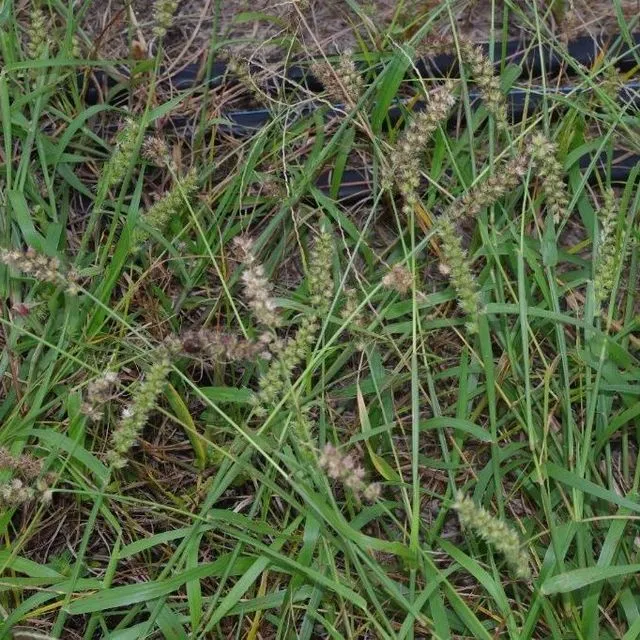Lawn and Garden Care
Available Languages:
English
Narrower Topics
Landscaping
The design and installation of plant materials (including turf) and architectural elements. [NALT]
Related Topics: Lawn and Garden Care, Stress
Related Topics: Hurricanes, Lawn and Garden Care
Related Topics: Trees, Lawn and Garden Care
Related Topics: Shrubs, Lawn and Garden Care
Related Topics: Trees, Lawn and Garden Care


